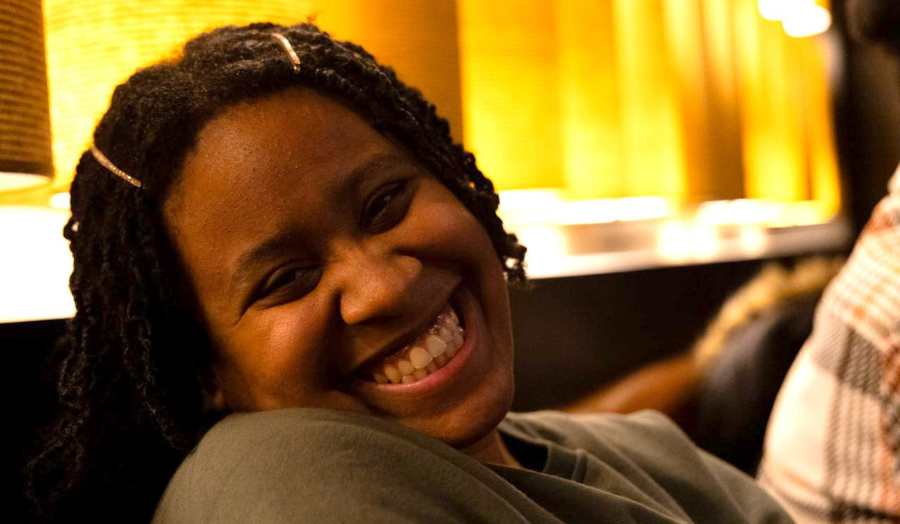Work placements at prestigious media outlets secured through network initiative founded by London Met professor
Date: 16 May 2024
London Met students undertook highly sought-after work placements at some of the UK’s top media outlets, through the Journalism Diversity Network pioneered by Assoc Professor Wendy Sloane.
This spring, second-year student journalist Ali Suker wrote stories for Camden New Journal, Laura Blaha Perez and Martina Pangeni secured internships at Marie Claire, and Haeli Wilson wrote for Black Beauty & Hair Magazine, the UK's #1 biggest-selling black hair and beauty publication.
Work experience placements spanned 2 weeks, giving students the opportunity for hands-on experience on the job. The London Met Journalism Diversity Network was founded by Assoc Professor Wendy Sloane in 2018, with the aim of offering students a foot in the door when it comes to highly coveted – and hard to get – journalism work placements.
“Being an intern for Black Beauty & Hair Magazine gave me the opportunity to go outside of my comfort zone and more into my culture,” said student Haeli Wilson, who came to study at London Met last year from California.
One of the best bits of the placement, she explained, was being able to work directly with Editor-in-chief Irene Shelley, who she says is a real inspiration. “Having an amazing influence as my boss, I was able to really see the ins and outs of Black hair – and learn how to love myself more.”
Fairer access to industry placements
In a country where only 13% of journalists are from non-white ethnic groups (NCTJ Diversity in Journalism report), the Network is working hard to make a difference, with more than half of internships in the Journalism Work Placement module a result of its work. Participating organisations have included the BBC, Sky News and Sky Sport, JournoResources, and Bella, Heat and Closer magazines, among many others.
Newsroom processes ‘continue to be exclusionary and racism is commonplace’ and Black journalists often face racism and discrimination, are pigeonholed, and feel there is a lack of support, according to Ethical Journalism Network, Structural Racism in UK Newsrooms.
In addition, Sutton Trust Elitist Britain report revealed that 43% of Britain’s top 100 journalists are privately educated, compared to 7% of the general population, and 39% of professionals in the media (including newspaper columnists, high profile editors and broadcasters) went to Oxbridge, compared to less than 1% of the general population. There is a "'pipeline’ from independent schools through Oxbridge and into top jobs", the report said.
Wendy commented: “The Network is working to change all that by levelling the playing field, and is also radically changing the media landscape by providing it with badly needed diverse voices, in terms of ethnicity, race, class, gender, sexuality, disability and more. It has been instrumental in helping many students get full-time jobs after graduation, so it has also been a valuable employability tool for our students," she said, adding that she is available to help other courses set up networks.
Simon Cadman, Journalism Work Placement Module Leader said: “We are incredibly grateful to our high-profile media partners in the Diversity Network who so generously share their expertise with students, giving them a taste of big-time editorial life – and a massive employability boost.
“We are excited to be extending the Diversity Network next year to include the Communications Office at the London Assembly, adding another quality work placement opportunity to our portfolio of partners in industry.”
The Network has expanded to a three-pronged approach, incorporating competitive work placements with diverse guest speakers and varied student site visits, including a paid three-day visit to Paris Fashion Week for 21 BA Fashion Marketing and Journalism students last year, following a similar pre-pandemic trip in early 2020.

Haeli Wilson, London Met student, wrote for Black Beauty & Hair Magazine during her work placement
